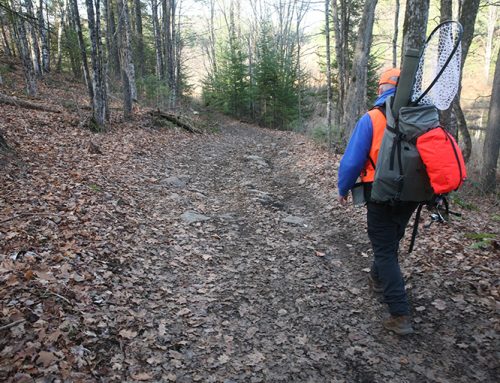
Echinococcus multilocularis, a tapeworm, which is spread across the northern hemisphere, was found in Ontario in 2012. It’s believed the tapeworms came from wild canid movement from the US, but it may have also come from domestic dogs imported from Europe.
“Intestinal infections in coyotes and foxes do not make them sick,” said Dr. Andrew Peregrine of the University of Guelph, one of the study’s authors. “In contrast, the larval stage in the liver of dogs causes a very nasty disease, very similar to an aggressive cancer.”
Left untreated, echinococcus multilocularis can be deadly for humans.
“However, people only get infected by ingesting eggs,” he said. “Thus, always washing one’s hands thoroughly after handling wild canids will eliminate the risk of infection.”
It’s also possible an infected dog sleeping on the bed of its owner could shed eggs on bedding, infecting a human.
Peregrine said hunters and trappers should be aware of the tapeworm, as the eggs are likely on the pelts of coyotes and foxes. He advised pet owners to assess the risk of their dog consuming the feces of wild canids or eating rodents and encouraged them to discuss possible preventative treatment with their veterinarian.
In the last year, several diagnostic testing companies have started to offer a test for the tapeworm for domestic dog feces.
“It is too early yet to know whether this has helped — however, it should,” Peregrine said.






Leave A Comment